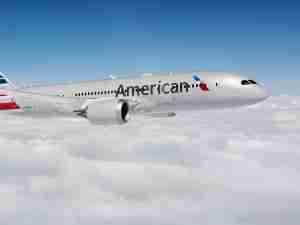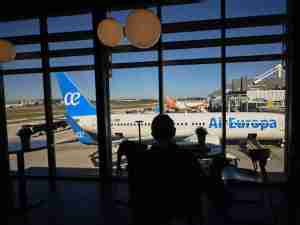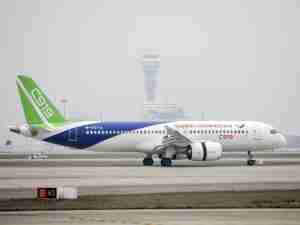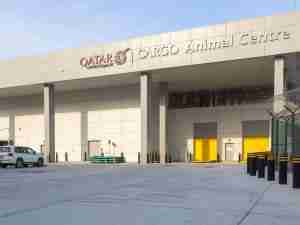• Adjusted EBIT for 2023 amounts to 219 million euros
• Significantly higher result than in 2019 prior to the corona pandemic
• Ongoing modernization program to ensure competitiveness and growth
• Fleet growth supports attractive global network and enabling global business

After the airfreight market recorded high freight rates in the years from 2020 until 2022 due to low capacities as a result of the corona pandemic, these normalized last year as expected. Lufthansa Cargo was able to achieve significantly higher average yields than before the start of the corona pandemic despite increased capacities in the market. Lufthansa Cargo generated an adjusted EBIT of 219 million euros (previous year: 1.6 billion euros). After freight rates normalized following the end of the corona pandemic, revenue fell by 36 percent to 2.98 billion euros (previous year: 4.6 billion euros). Overall, sales of 7.5 billion freight ton-kilometers last year were slightly higher than in the previous year 2022 (7.2 billion). The average load factor fell by 1.9 percentage points year-on-year to 59.2%, while the available capacity increased by 7% to 12.6 billion available freight ton-kilometers.
"Despite a volatile business environment, which was influenced by global tensions last year, Lufthansa Cargo was able to successfully maintain its position. We owe this above all to the trust of our customers, and also to our employees, who mastered the year with great commitment and determination. However, the development also shows that we must not slow down. We need to continuously work on improving our quality, our network and our service promise to remain attractive," explains Ashwin Bhat, CEO of Lufthansa Cargo.
Increased efficiency as a result of modernization measures
Looking ahead to the coming year, the business results provide a stable foundation for important investments by the freight carrier. Bhat adds: "Around 80 percent of our global freight traffic is handled in Frankfurt, one of the most important hubs in Europe. This also shows the importance of the hub for the growing e-commerce market. In order to continue to meet the needs of our customers in the future, we are also investing in the modernization of our Cargo Center at our FRA hub in 2024." The modernization project at the Frankfurt hub with a total investment sum of 500 million euros will enable higher handling speeds, smooth transport processes and an improvement in service quality thanks to state-of-the-art technologies in the infrastructure.
This is particularly important with regard to the coming years. "Air freight is and will remain a growth market - stable supply chains remain of great importance, especially in times of global tensions and dynamic developments. High valued and urgently needed goods can only be transported worldwide quickly, reliably and safely by air," explains Bhat.
Freighter fleet to be further optimized
Part of Lufthansa Cargo's development plans is the expansion of the B777F fleet and the global network. The fourth A321 freighter has also been in operation in the cargo airline's route network since November 2023. This means that more than 32 weekly flights can now be offered to 18 destinations in the short and medium-haul network. In addition, the B777F fleet will grow to 18 freighters in 2024, enabling up to 87 connections worldwide in the course of the summer flight schedule. The continued recovery in passenger air traffic and the associated expansion of cargo capacity on passenger aircraft also had a positive impact on growth. By marketing the belly capacities of Lufthansa, Austrian Airlines, Brussels Airlines, Discover Airlines and SunExpress, Lufthansa Cargo's customers will have access to up to 7,000 flights per week to destinations worldwide.
Continued focus on sustainability
In the past financial year, Lufthansa Cargo continued its commitment to Sustainable Aviation Fuels with a weekly freighter flight covered with sustainable aviation fuel. In addition, the CO2 balance of the B777F fleet is being further improved by the innovative AeroSHARK technology. The surface film, which is inspired by the skin of a shark, reduces the frictional resistance of the aircraft in the air and thus lowers kerosene consumption. It will be successively applied to the entire fleet by the end of 2027.
The 2024 financial year
Frank Bauer, CFO and Labor Director of Lufthansa Cargo, sets a clear course: "We are making ambitious investments in our future - for this we need a solid long-term earnings base. This also includes anticipating the development of our market at an early stage and making short-term adjustments to our network and services in order to meet our customers' needs." Lufthansa Cargo expects demand to grow slightly in the current financial year 2024. Adjusted EBIT is expected to be approximately at the previous year's level. In view of the still very dynamic environment, however, the forecast is subject to a high degree of uncertainty.











